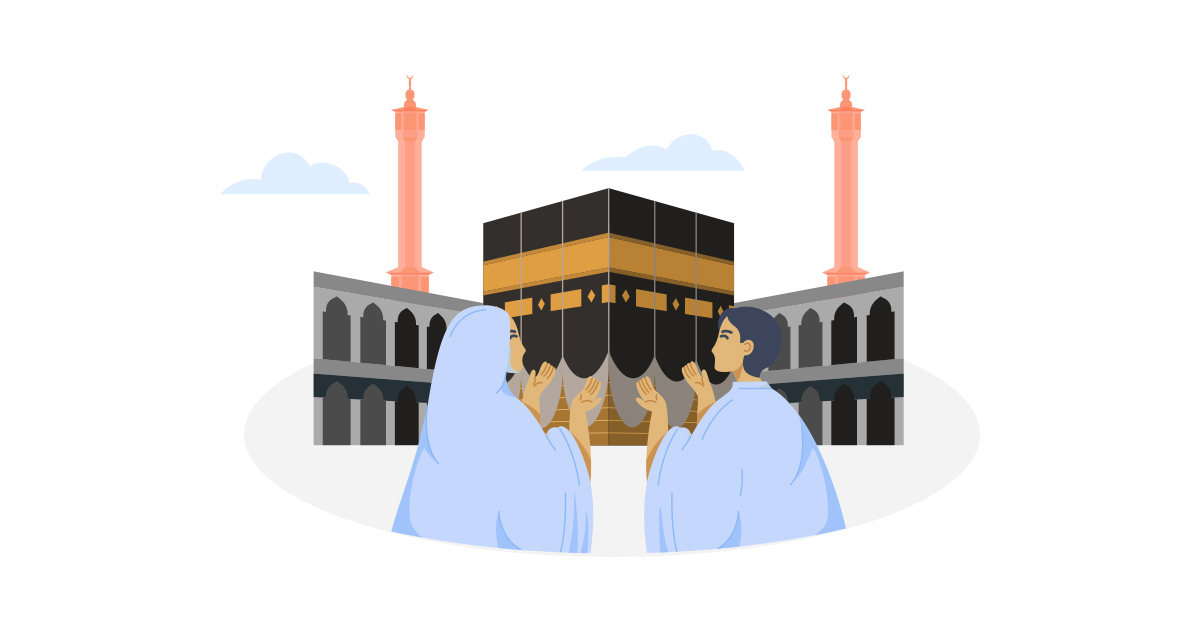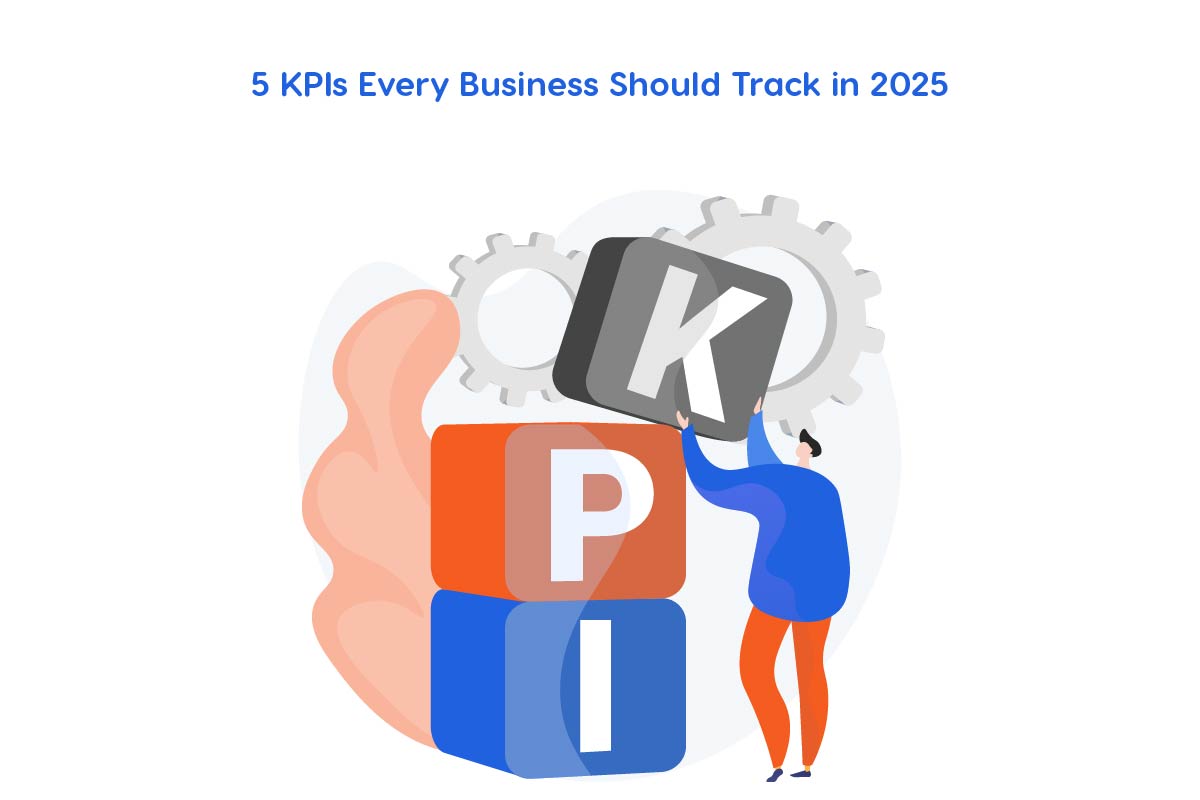Pakistani Government is set to propose a significant change to assist low-income and middle-class citizens planning to embark on the Hajj pilgrimage. A plan allowing pilgrim to pay their Hajj expenses in three installments rather than a lump sum has been submitted for federal cabinet approval. According to reports, the proposal (this installment payment option) is part of the government’s latest Hajj policy prepared by Ministry of Religious Affairs. In this thorough article, our Tashheer research team has explained every point related to the Hajj Installment Plan proposed by the Pakistani Government to Support Pakistani Pilgrims.

How is the Hajj operation being transformed with the launch of the Pak Hajj App? Let’s read more about it.
Key Highlights of the Hajj Installment Policy
Under this structure, pilgrims can pay Rs1.1 million in three stages: an initial deposit of Rs. 200,000 to apply, followed by Rs. 400,000 after the selection draw and the final amount before departure. Officials from the Ministry of Religious Affairs emphasized that the installment plan is designed to alleviate financial pressure on lower and middle-income households and make Hajj more affordable and accessible. The ministry also highlighted that this new approach would provide much needed support to Pakistani citizens who struggle with honest payment demands.
Federal Cabinet Approval and Cost Details
Last month, the federal cabinet approved the Hajj Policy 2025 through a circulated summary. This step was necessary for the policy to move forward and allow citizens to begin preparations under the new installment plan and updated regulations. The estimated cost for the government-sponsored Hajj package is set between Rs1.75 million and Rs11.75 million. This range provides flexibility for pilgrims to select a package within their financial capacity.
Quota and Special Allocations
The policy sets a quota of 179,210 pilgrims from Pakistan with half of the slots (89,605) assigned to the government and the other half to private tour operators.
Total Quota: The policy allocates 179,210 slots for Pakistani pilgrims, with:
There are also special slots reserved for hardship cases and low income workers registered with the Employees Old-Age Benefits Institution.
Private Tour Operators: 89,605 slots
In 2025, pilgrims will have two travel duration options:
| Long Trip: 38 to 42 days | Offers a relaxed trip for performing Hajj rituals with extra days for rest, prayer and visiting key sites Mecca and Medina. Ideal for those wanting a more immersive experience. |
| Short Trip: 20 to 25 days | Suited for pilgrims with limited time, allowing them to complete essential rituals within a shorter schedule, making it convenient for those with time constraints.Children under 12 years of age will not be allowed to participate in Hajj 2025. Medical certificates are required for individuals with serious health issues. |
Looking to perform Hajj and need a digital solution? How can NADRA’s new Digital Identity Kit help streamline the process?
Final Words
This new proposed Hajj installment plan by Pakistani Government indicates a big step toward making the pilgrimage more accessible for Pakistani citizens particularly those from lower- and middle-income backgrounds. By allowing payments in 3 installments, Pakistani government tries to alleviate the financial burden that often deters people from fulfilling this religious obligation. With a clear quota, special support for hardship cases and flexible travel choices, this policy shows a strong commitment to helping citizens on their spiritual journey.





